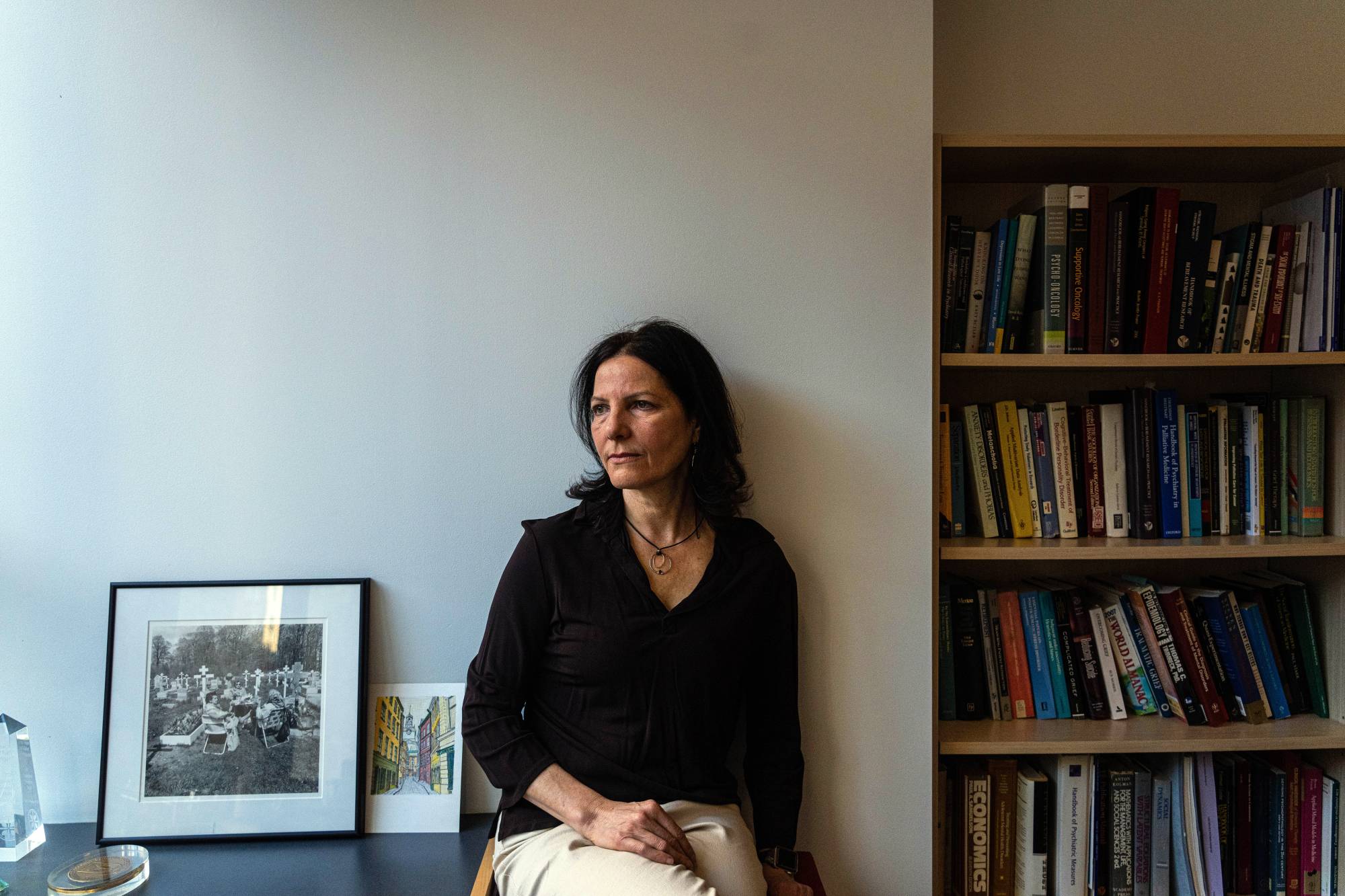After more than a decade of argument, psychiatry’s most powerful body in the United States added a new disorder this week to its diagnostic manual: prolonged grief.
The decision marks an end to a long debate within the field of mental health, steering researchers and clinicians to view intense grief as a target for medical treatment, at a moment when many Americans are overwhelmed by loss.
The new diagnosis, prolonged grief disorder, was designed to apply to a narrow slice of the population who are incapacitated, pining and ruminating a year after a loss and unable to return to previous activities.

















With your current subscription plan you can comment on stories. However, before writing your first comment, please create a display name in the Profile section of your subscriber account page.